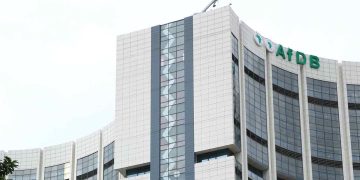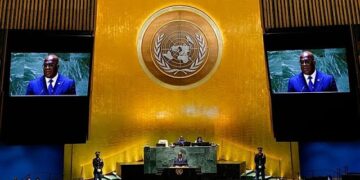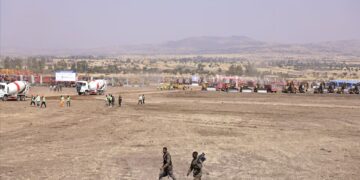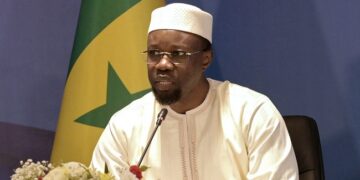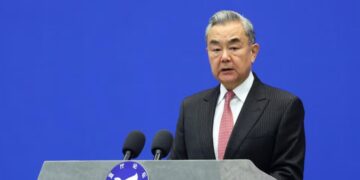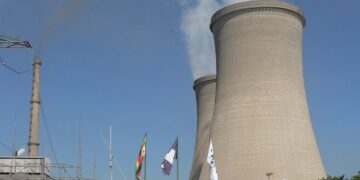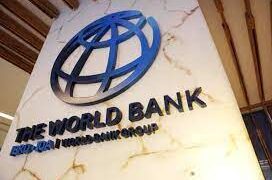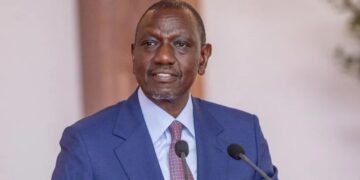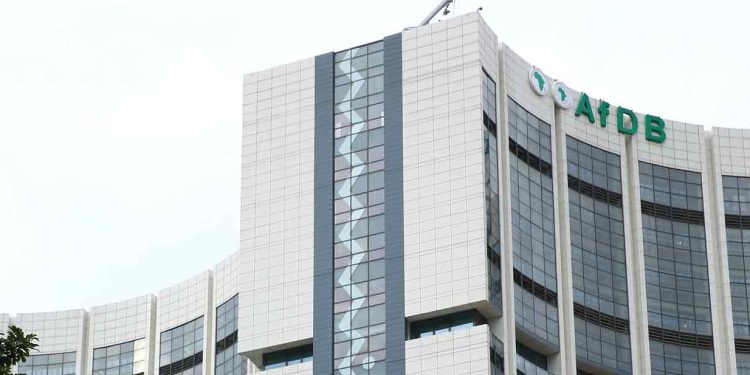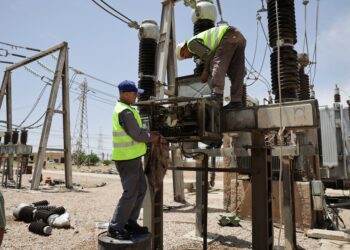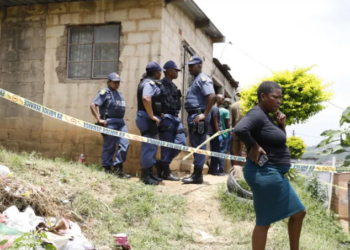By Ebi Kesiena
Madagascar has received more than $14 million in non-refundable funding from the African Development Bank (AfDB) to accelerate key development initiatives aimed at modernizing infrastructure, strengthening resilience, and promoting inclusive growth.
The funding package, announced in a press release on Tuesday, is spread across several priority sectors. Out of the total, $1 million has been earmarked to support reforms in legislation governing public-private partnerships (PPPs) and to introduce new financing mechanisms designed to attract private investment into critical sectors.
Another $1 million will go towards initiatives encouraging women’s participation in decision-making and leadership, in line with the AfDB’s gender inclusion agenda.
The bulk of the funds, $12.72 million, is directed at strengthening Madagascar’s resilience to natural disasters, particularly cyclones and floods, which have historically caused extensive damage to lives, infrastructure, and the economy. The investment is expected to help improve disaster preparedness, reduce vulnerabilities, and ensure sustainable recovery efforts.
During a recent meeting with Madagascar’s Minister of Economy and Finance, Rindra Hasimbelo Rabarinirinarison, AfDB Director General for Infrastructure, Kennedy Mbekeani, commended the country for its efforts to drive infrastructure development despite economic challenges.
He reiterated the bank’s commitment to deepening support for Madagascar, highlighting in particular the proposed construction of a new highway linking Antananarivo, the capital, to Toamasina, the country’s largest commercial port, located some 370 kilometers east.
“This highway project is strategic. It will improve the flow of goods and services, reduce travel time, and open up economic opportunities between the capital and the port city, which is vital for Madagascar’s trade and integration into regional and global markets,” Mbekeani said.
An AfDB technical mission is scheduled to visit Madagascar in the coming weeks to begin discussions on the highway project and to review ongoing programs funded by the bank. Officials noted that the latest financial support aligns with the AfDB’s long-term strategy to foster sustainable economic growth, build resilience to external shocks, and reduce poverty across Africa.
For Madagascar, which continues to strugle with infrastructure deficits and recurrent climate-induced challenges, the AfDB’s intervention marks a significant step toward achieving its national development goals while ensuring that vulnerable groups, particularly women, are not left behind in the country’s growth agenda.
